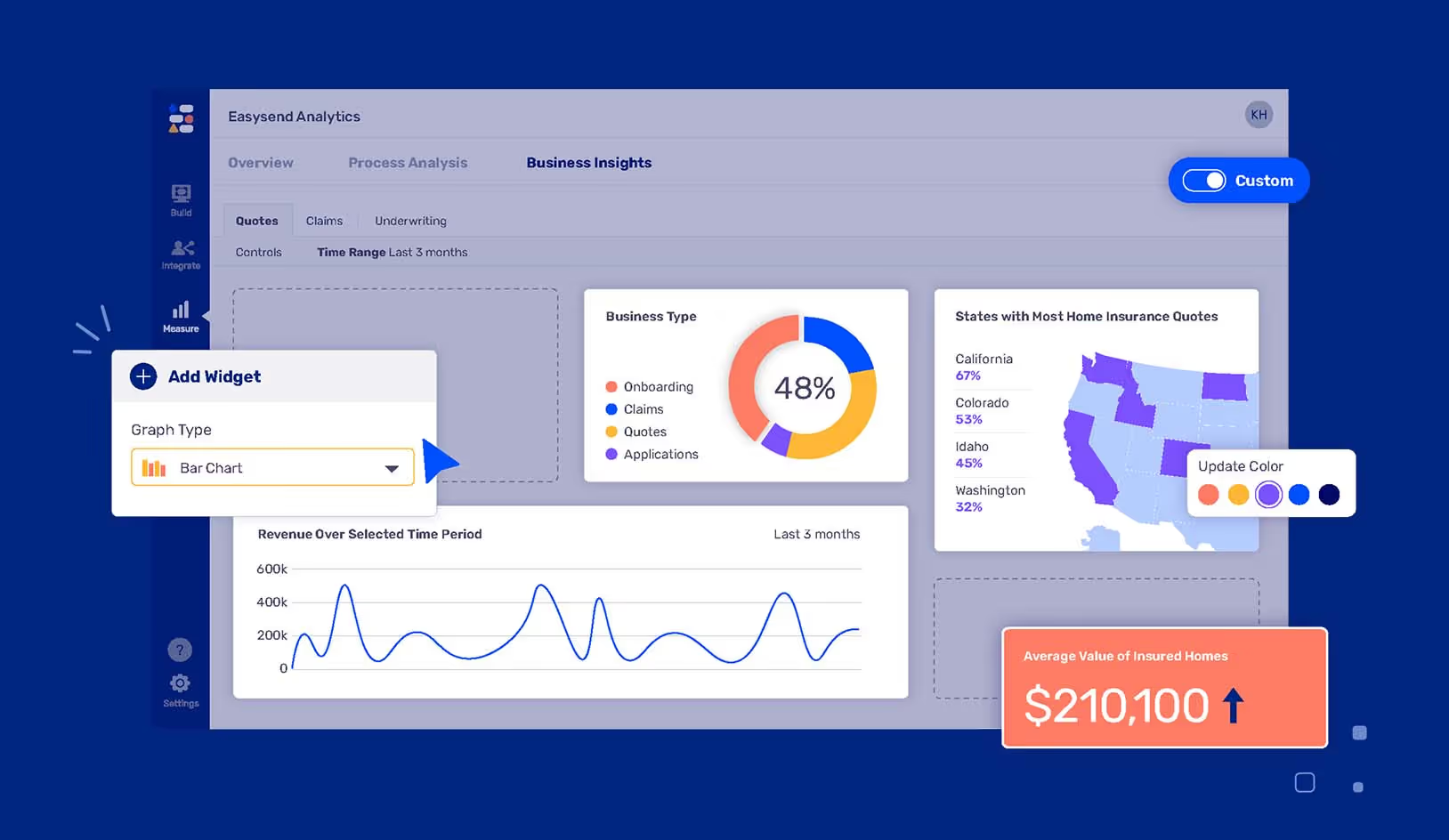Understanding the analytics revolution in insurance
The insurance sector is traditionally data-rich but insight-poor. However, with advancements in analytics, insurers are transforming this data into actionable insights. According to a report by McKinsey & Company, companies that utilize advanced analytics can see a 5-10% increase in revenue within a few months. This revolution is driven by the need to understand customer behaviors, market trends, and risk more accurately.
Predictive analytics: a game-changer for risk assessment
Predictive analytics has been a game-changer in assessing risks and pricing policies. A study by Deloitte highlighted that insurers using predictive models for risk assessment could reduce costs by up to 20%. By analyzing past data, insurers can predict future trends, identify high-risk cases, and adjust their policy offerings accordingly.
Enhancing customer experience with data
Data analytics is not just about risk assessment; it's also about enhancing the customer experience. A survey by Accenture revealed that 79% of insurance customers are willing to share data for personalized services. By leveraging data analytics, insurers can customize their offerings, provide personalized recommendations, and deliver proactive customer services. This not only increases customer satisfaction but also drives customer loyalty and retention.
Streamlining claims processing with analytics
Streamlined claims processing is another area where analytics can significantly impact ROI. A study by EY indicates that implementing analytics in claims processing can increase efficiency and accuracy, leading to faster claim settlements and reduced costs (EY). By automating data processing and employing predictive models, insurers can identify fraudulent claims more quickly and reduce processing times.
The crucial role of high-quality data in insurance analytics
High-quality data is the fuel that powers the engine of analytics. In the context of insurance, the quality of data directly impacts the accuracy of risk assessments, the effectiveness of customer segmentation, and the efficiency of claims processing. High-quality data is characterized by its accuracy, completeness, timeliness, and relevance. When insurers base their decisions on such data, they significantly reduce the risk of errors, miscalculations, and misjudgments.

For instance, accurate data ensures that risk is appropriately priced, which protects the insurer from potential losses due to underpricing and ensures fair pricing for the customer. Similarly, complete and timely data allows for more effective fraud detection and quicker claims processing, enhancing customer satisfaction and reducing operational costs.
Benefits of digital data collection in insurance
The shift towards digital data collection has revolutionized how insurers gather and process information. Here are some key benefits:
- Enhanced Data Accuracy and Speed: Digital data collection minimizes human error and accelerates the process of data acquisition. For example, using digital applications for customer onboarding ensures that the data entered is accurate and immediately available for analysis.
- Real-Time Data Analysis: Digital tools enable real-time data analysis, providing insurers with up-to-the-minute insights. This is crucial for dynamic risk assessment and for adapting quickly to changing market trends.
- Cost-Effectiveness: Digitizing data collection processes reduces the need for paper-based documentation and manual data entry, leading to significant cost savings.
- Improved Customer Experience: Digital data collection methods, such as online forms and mobile apps, offer convenience to customers. They can provide necessary information quickly and effortlessly, improving their overall experience.
- Data Integration and Accessibility: Digital data can be easily integrated with other systems, allowing for a more holistic view of customers and operations. This integration enhances the ability to draw meaningful insights across various aspects of the business.
- Scalability and Flexibility: Digital systems can be scaled up or down based on the needs of the insurer, providing flexibility and the ability to adapt to changing business environments.
The bottom line
High-quality data is indispensable for insurers seeking to leverage analytics for rapid ROI. The move towards digital data collection is a strategic step that enhances the quality, accessibility, and usability of data. As the insurance industry continues to evolve, the emphasis on high-quality, digitally collected data will be a key factor in driving innovation, efficiency, and customer satisfaction.





